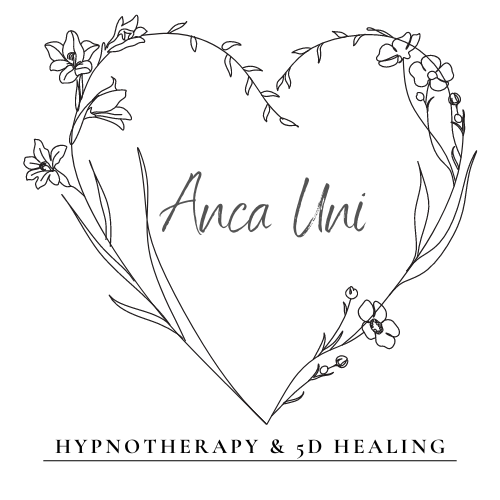
The saying “Birds born in a cage think flying is an illness” is a profound statement that speaks volumes about the human condition. At first glance, it may appear to be a simple observation about the habits of animals. However, upon closer inspection, it reveals a deeper truth about the nature of freedom, constraint, and perception.
Let us start with the birds. Birds are known for their ability to fly, to soar through the air with grace and ease. They are born with this innate skill, and it is a crucial part of their identity. But what happens when birds are born in a cage, unable to spread their wings and take flight? They are forced to live their lives in a limited space, unable to experience the freedom of flight. Over time, they become accustomed to their confinement, and they forget what it is like to soar through the sky. In fact, they may even come to view flying as a threat or a danger, rather than a natural ability.
Now, let us apply this analogy to the human condition. Like birds, humans have an innate desire for freedom. We want to be able to make our own choices, to pursue our passions, and to experience the world in our own way. However, just like birds, we can become trapped in cages of our own making. These cages may be physical, such as a job that we hate or a relationship that stifles us. But they can also be mental, such as limiting beliefs or self-doubt. When we are trapped in these cages, we forget what it is like to be truly free. We may even come to view freedom as a threat, something to be avoided or feared.
The saying “Birds born in a cage think flying is an illness” speaks to the power of perception. Our perceptions shape our reality, and if we perceive freedom as a threat, we will never experience it fully. This is why it is so important to break free from our cages, to challenge our limiting beliefs, and to embrace the unknown. Only then can we truly experience the joy and wonder of freedom.
But how do we do this? How do we break free from our cages and learn to fly? The answer is simple, yet challenging. We must be willing to take risks, to step outside of our comfort zones, and to embrace the unknown. We must be willing to challenge our limiting beliefs and to explore new ways of thinking. And most importantly, we must be willing to fail. Because failure is not a sign of weakness, but a sign of courage. It takes courage to try new things, to take risks, and to face the unknown. And it is only through these experiences that we can truly learn to fly.
So go ahead, spread your wings, and learn to fly.
